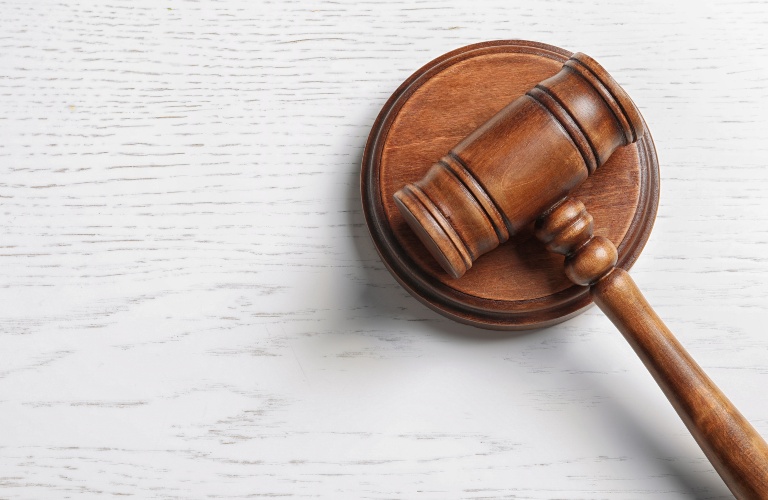If you have a disability that qualifies you for Social Security Disability Insurance or SSDI, then you should apply, but you don’t want to make a mistake. Making a mistake could make it take longer to get your benefits or lead you to not getting benefits at all. Tabak Law is here to help with our list of common mistakes when applying for SSDI benefits.

Not Getting an SSDI Lawyer

This one can be key because having an SSDI lawyer can help you avoid many of the mistakes on this list. Tabak Law happens to be a very skilled and highly knowledgeable SSDI law firm in Milwaukee. However, there is a caveat here. SSDI lawyers generally only take payment from a percentage of your back pay. If you are still in the initial stages, then you may not have back pay owed to you. In these cases, you’ll have to begin the process without a lawyer and seek legal help once you get a denial.
Read More: How Does a Disability Lawyer Get Paid?
Giving Up After an SSDI Denial
A denial letter after an initial SSDI submission is not only common, it’s typical. Sadly, this is where many people lose hope. Don’t give up though. You are given a chance to appeal the decision and then appeal again. It’s often this final appeal that results in people getting approved for SSDI benefits. Here is also where having an SSDI lawyer on your side can be a huge help.
Read More: What To Do When Your Disability Claim is Denied
Not Being Honest
You may be enticed to embellish a little as you are filling out the forms, but this is not a good idea. Be honest, truthful, and detailed. Remember, the Social Security Administration will get access to your medical records during the process. Not only does this mean they will have evidence that can either prove or disprove your case already in hand, but it also means going to the doctor regularly is exceedingly important.
Not Going to the Doctor
As we mentioned, the SSA will have access to your medical records, and along with your testimony, they will use this to assist in your case. Ensuring that your record is strong and includes regular doctor visits, especially with specialists familiar with your case, will be expected. It can also be helpful to request a letter from your doctor or doctors stating in plain writing why you are unable to work.
Reporting Only One Disability
Health is a complicated thing, that’s for sure, and one disability can often follow another. When you are looking through disability listings such as those provided by the Social Security Administration’s Blue Book, it seems pretty cut and dry who will get approved and who won’t but there is actually a lot of gray area.
Especially during later phases of the SSDI approval process, other disabilities will be taken into account and the sum of all disabilities may be considered as a basis for approval even though you do not necessarily qualify under any one listing in the Blue Book.
What is the Disability Update Report?
Nothing posted on this website is intended, nor should be construed, as legal advice. Blog postings and site content are available for general education purposes only.
